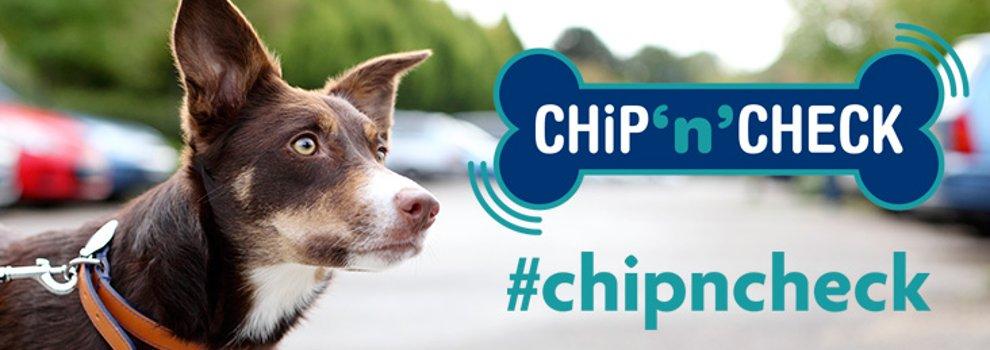Who can microchip my dog and how much does it cost?
You can arrange for your local vet to microchip your dog. Prices will vary, but they'll usually charge around £15. Some local animal charities and organisations, as well as some local authorities, also offer microchipping. Some will offer it free of charge.
Whose responsibility is it to microchip a puppy?
It's a dog breeder's responsibility to ensure puppies are microchipped before selling them. Puppies cannot be sold until they're eight weeks old, and they must be microchipped before you can buy them.
Breeders must also register their details on the database, and their details will be recorded against the microchip for the life of the dog. A person is considered to be a 'breeder' if they're the owner of a dog that gives birth, whether or not they run a business breeding dogs.
If you're buying a puppy, make sure they're microchipped before taking them home. Take a look at our other advice on buying a healthy, happy puppy.
Who do I need to tell if I'm moving house?
The vet or organisation you choose to microchip your dog will use a microchip assigned to a specific database, such as Petlog or Identibase. You must contact them to ensure that your latest address and contact details are registered on the database.
How can I find out if my dog is microchipped or if my details are up-to-date?
If your dog is microchipped, you should have a confirmation letter or email, including an ID or reference number as well as a microchip number. If you know which database your pet is registered on, you can check your details are up-to-date by logging in online. You can also contact the database team over the phone.
To find out whether your dog is microchipped, or to find out the microchip number, take them along to your local vet and have them scanned. Once you have the microchip number, you can use a chip checker online to find out who they're registered with.
What happens if I don't get my dog microchipped?
A dog is only exempt from being microchipped if a vet certifies in writing that they can't be microchipped for health reasons.
If your dog isn't microchipped and registered on an approved database, you could be served with a notice ordering you to microchip your dog. You'll have 21 days to do so or you may be liable to pay a £500 fine and could face criminal prosecution.
If your contact details change and you don't update them on the database, then you could also receive a notice and may be liable to pay a fine of £500.
I'm selling my dog to someone else - what do I do?
Before selling a dog or giving them away to a new owner, you must microchip them. It's recommended that you also register the details of the new owner on the database. The new keeper is responsible for ensuring their contact details are registered.
What if my dog's microchip doesn't work properly?
Microchips are designed to cover the dog's lifespan, but occasionally they fail to work. If you find that an implanted microchip has moved, failed or caused an adverse reaction in your dog, you should report it to the microchip adverse event reporting scheme.




